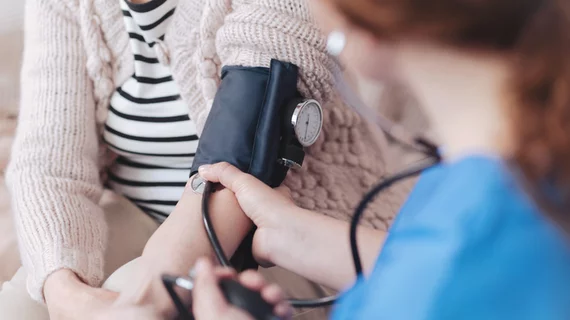New type of PET/CT scan could change how hypertension is diagnosed and treated
A new type of PET/CT scan could be a gamechanger for the diagnosis and treatment of high blood pressure.
When used in conjunction with a urine steroid test, researchers have found that information from these scans can be used to guide disease management by predicting which patients could stop taking their blood pressure medication after treatment.
Details of the study were published on Jan. 16 in Nature Medicine.
According to the research, the ten-minute scan can “light up” aldosterone-producing nodules in the adrenal glands following an injection of metomidate—a radioactive dye that binds specifically to aldosterone-producing nodules. Prior to this, these nodules were detected via adrenal vein sampling—a catheter study known to be invasive, inconsistent and widely unavailable.
Elevated aldosterone is the most common cause of hypertension, but identifying nodules responsible for overproducing the steroid hormone has been historically difficult, notes Professor Morris Brown, co-senior author of the study and Professor of Endocrine Hypertension at Queen Mary University of London.
“These aldosterone-producing nodules are very small and easily overlooked on a regular CT scan. When they glow for a few minutes after our injection, they are revealed as the obvious cause of hypertension, which can often then be cured,” Brown said in a release. “Until now, 99% are never diagnosed because of the difficulty and unavailability of tests.”
If identified as the root cause of a patient’s hypertension, the nodules can be surgically removed. This would essentially cure patients of their high blood pressure and eliminate the need for medication in many patients. In this study, the scan/urine test combo predicted who could come off their blood pressure medications after surgery in 18 out of 24 patients.
The research was a collaborative effort between experts at Queen Mary University of London and Barts Hospital, and Cambridge University Hospital. It was funded by the National Institute for Health and Care Research (NIHR) and Medical Research Council (MRC) partnership, Barts Charity, and the British Heart Foundation.
To learn more, click here.

